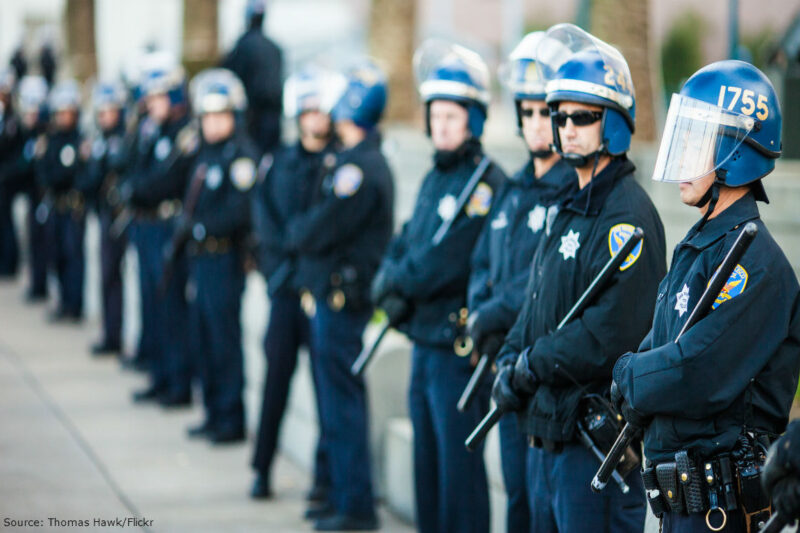To Make Black Lives Matter, We Must Tear Down the Case Law that Gave Police the Power to Stop, Search, and Abuse


This piece originally appeared at The Guardian.
Something is missing from the debate over police reform. Though police killings of Black men have sparked a nationwide movement to stop police violence, the police can fairly ask whether they deserve all of the blame.
That’s not because current levels of police violence are warranted (they aren’t), or because policing is race neutral (it isn’t). It’s because the chief architects of American policing are not police departments; they’re courts. The movement for police reform should be joined by an equally ambitious movement for court reform.
Courts have shaped American policing by defanging the Fourth Amendment’s prohibition on “unreasonable searches and seizures.” Because the term “unreasonable” is unclear, courts have had to decide which police intrusions, beyond the blatantly arbitrary, go too far. And the U.S. Supreme Court’s consistent answer has been that scarcely anything goes too far.
Perhaps most important, the court held in Whren v. United States that the Fourth Amendment permits officers to use any violation, like a broken tail light, as a pretext to stop people they deem suspicious. This decision, which just reached its 20th anniversary, helped cement modern-day racial profiling.
To continue reading, please click here.


